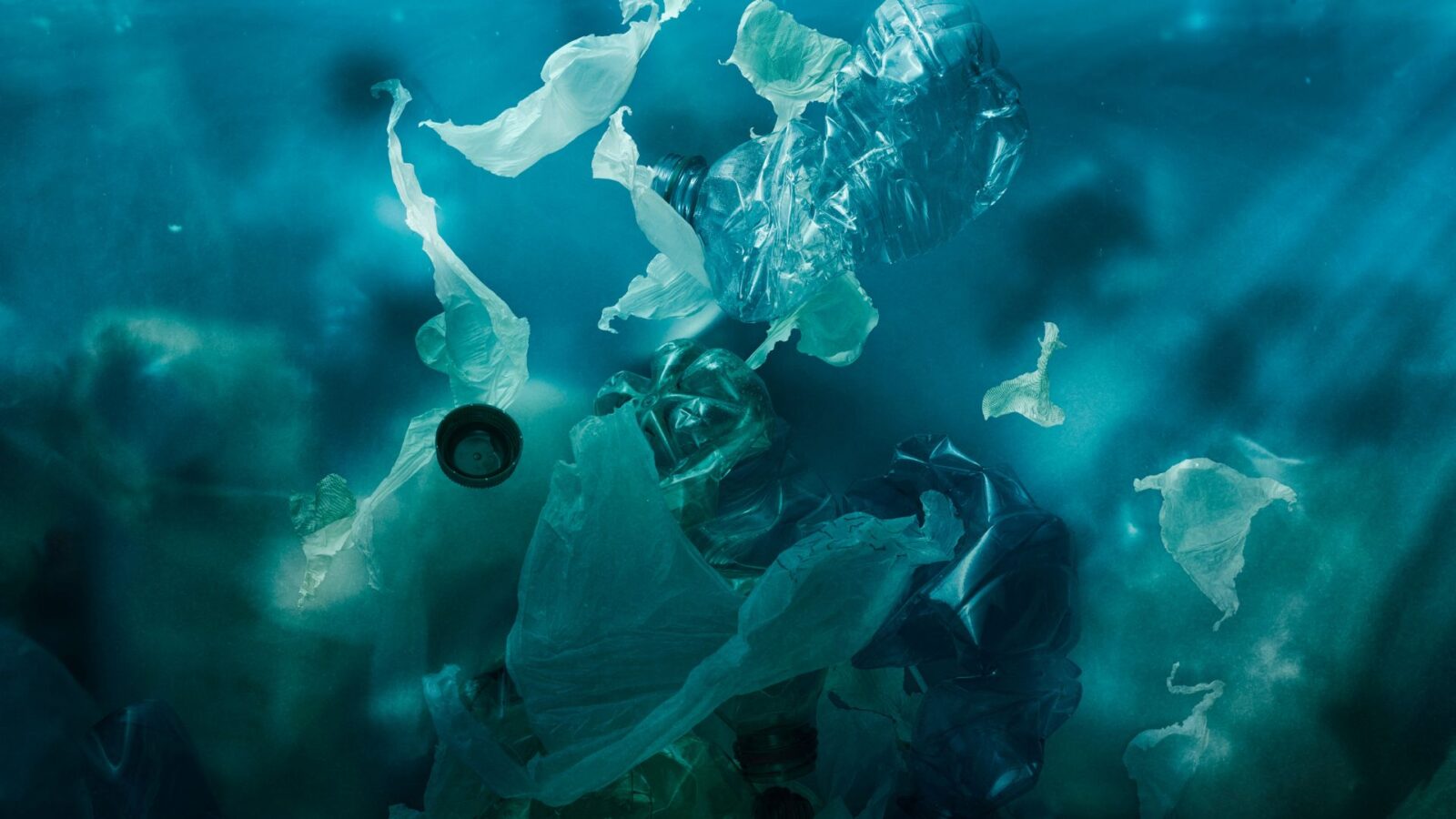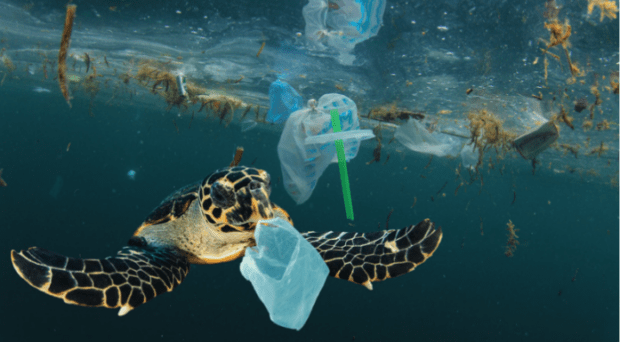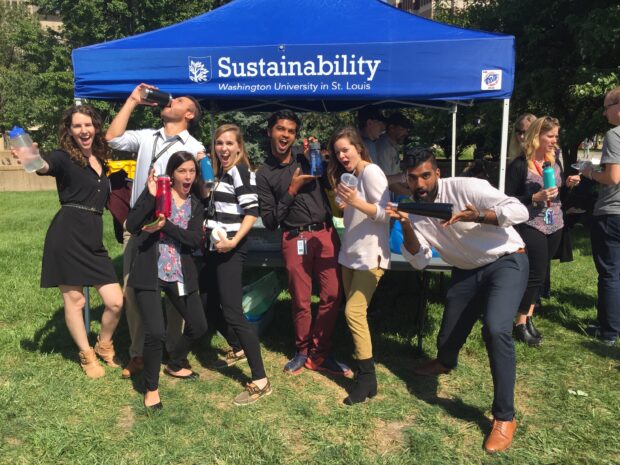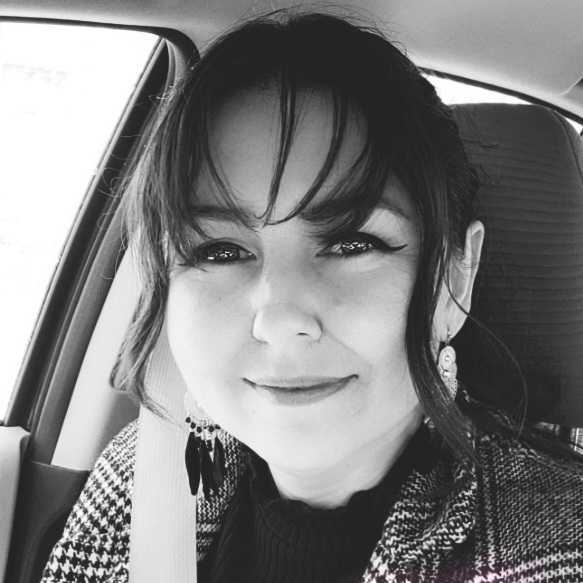We have much more to do and your continued support is needed now more than ever.
Fighting Plastic Pollution Through Community

The plastic pollution crisis is an ever-growing problem that affects wildlife, humans, and the physical environments around us on a multitude of levels. Each year more plastic is produced and even less is recycled. Over the last few decades, plastic pollution has entered our lives in the form of single-use plastics that are used for drinks, food, and packaging. A majority of this plastic goes straight into landfills, ultimately ending up in our natural environments.
Plastic waste ends up in our rivers and oceans, by people littering, illegally dumping, and accidental loss of trash during strong winds or during transport.

Why is Plastic Bad?
Plastic is becoming a threat to humans and wildlife on multiple levels, these include:
- The average person may be ingesting roughly 5 grams of plastic each week—about the amount found in a credit card—through food and water.
- Plastic is known to cause cancer, endocrine disruptions, birth defects, developmental disorders, reproduction issues, along with many other health issues in both wildlife and humans.
- Toxic chemical release during manufacturing is a significant source of the negative environmental impact of plastics. A whole host of carcinogenic, neurotoxic, and hormone-disrupting chemicals are standard ingredients and waste products of plastic production, and they inevitably find their way into our natural environment through water, land, and air pollution
- Wildlife is often strangled to death by plastic pollution or mistake the waste for food leading to starvation due to being unable to digest plastic and make room for natural food sources. This includes animals like sea turtles who mistake floating plastic for jellyfish.
- Fish, specifically, are vulnerable to microplastics since they bring water in through their gills. A study done by the University of Exeter in the United Kingdom suggests that microscopic debris in the ocean could take up to six times as long for the animal to rid themselves of through their gills in comparison to ingesting the plastic through their mouths.
Building Communities

While this problem is overwhelming and at times feels hopeless, there is hope in community. Communities around the nation are coming together in different ways to clean up the environment and end plastic pollution in their local areas.
College campuses and schools across the nation are taking on the challenge of reducing plastic pollution and creating healthier, cleaner environments all while building stronger communities.
Students at George Mason University are encouraged to buy less, buy durable, and buy carbon-neutral products in order to create more sustainable lifestyles.
Over at the University of Florida, students scan a sticker placed on reusable bottles and mugs each time it is refilled to help track the number of plastic bottles that are diverted from landfills—so far they have saved over 10,000 single-use bottles!
Here are a few ways to get your community started:
- Host a community awareness campaign around the use of single-use plastic bags. Encourage community members to use reusable bags at the grocery store, and when shopping at other stores.
- Helpful tips include:
- collecting all reusable bags in your home and placing them in your car, so they are available when needed
- hosting a collection drive of reusable bags for community members that don’t have any; distribution locations could include local grocery stores and public libraries
- Helpful tips include:
- Work with your city or county government to ban single-use plastic bags in your community. Currently, there isn’t a single-use plastic ban on a federal level, however, many cities and states across the U.S. have implemented their own effort.
- Work with your children’s school or school district to ensure kids are using reusable water bottles at school. Advocate for bottle filling stations or water fountains for students and staff to easily use reusable bottles and forego using single-use plastic bottles.
- Helpful tips include:
- working with school art teachers to design fun signs to encourage plastic-free swaps!
- work with your school’s administration or PTA/PTO to host a donation drive of reusable water bottles to give out and to use in case students or staff forget their water bottles
- Helpful tips include:
- Write to your local, state, and federal representatives to let them know that you want less plastic packing and want more recycling options.
Dive deeper into how campus communities are fighting the plastic pollution problem by reading our report Stemming the Tide: Taking Action on Campus Against Plastic Pollution or read our blog about reducing your plastic consumption this summer to help wildlife, Plastic Summer.























